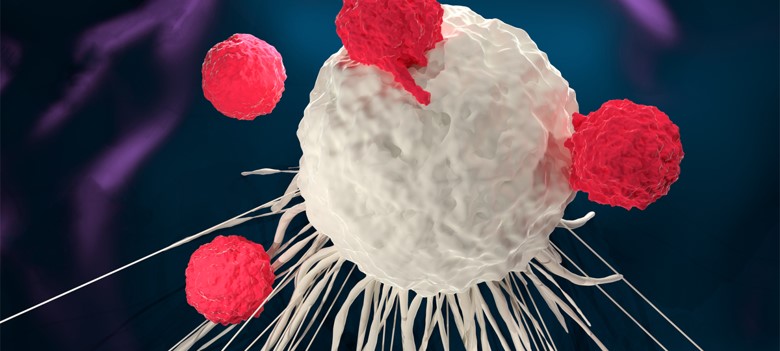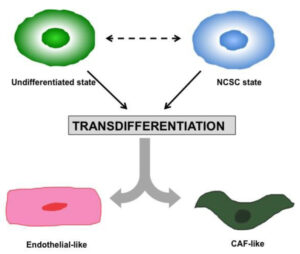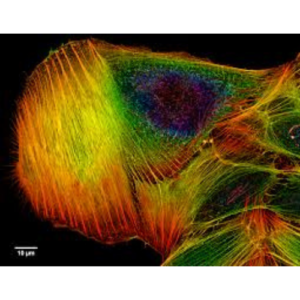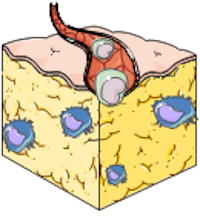Immune Checkpoint Modulators as an emerging therapy
Through this paper, Kim and colleagues highlight the way that immune checkpoint modulators are exploited by tumor cells to decrease immune activation and antigen recognition. Therefore, these checkpoint modulators can also be a powerful tool to improve cancer therapy. It is a non-specific strategy that consists of a generalized activation of the immune system that can be combined with chemotherapy and/or radiation therapy. Indeed, monoclonal antibodies such as anti-CTLA-4 (ipilimumab) and anti-PD-1 (nivolumab), can be used to target checkpoint inhibitors for a therapeutic blockade. Both are already in phase 4 of clinical development but there are many other targets known as LAG-3, TIM-3, KIR, and GITR which are in phase 1 or 2.

How to culture vascularized & immunocompetent 3D models in a standard Multiwell
Summary
Immune checkpoints have come to the forefront of cancer therapies as a powerful and promising strategy to stimulate antitumor T cell activity. Results from recent preclinical and clinical studies demonstrate how checkpoint inhibition can be utilized to prevent tumor immune evasion and both local and systemic immune suppression. This review encompasses the key immune checkpoints that have been found to play a role in tumorigenesis and, more specifically, gliomagenesis. The review will provide an overview of the existing preclinical and clinical data, antitumor efficacy, and clinical applications for each checkpoint with respect to GBM, as well as a summary of combination therapies with chemotherapy and radiation.



